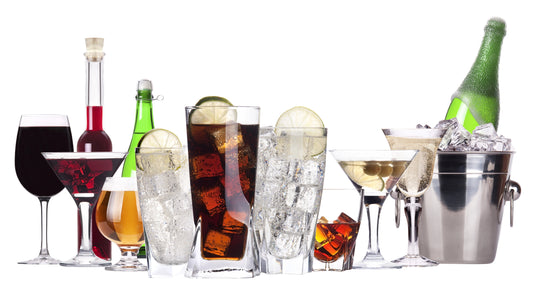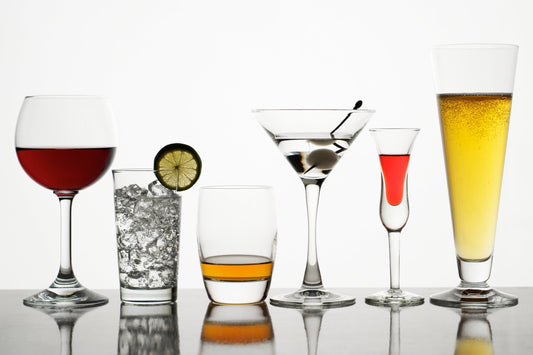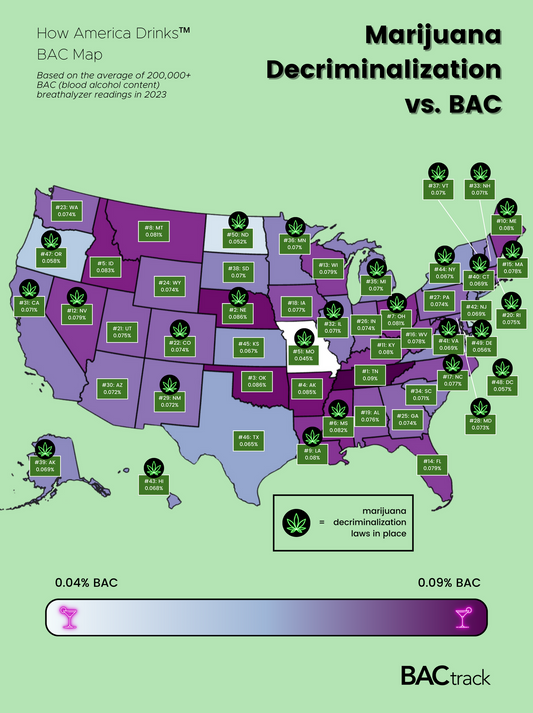BACtrack Answers: Will a Diet Mixer Result in a Higher BAC?
BACtrack Answers: Will a Diet Mixer Result in a Higher BAC?

Yes, using a diet mixer in your alcoholic drinks will result in a higher blood alcohol content.
Northern Kentucky University conducted a study recently breath testing college students after drinking the same amounts of alcohol. The first week they mixed their drinks with regular sodas, and second week with diet. The results? Higher Blood Alcohol Content (BAC) readings with diet sodas.
The reason has to do with the types of sugar (or sugar substitutes) used in the beverages and how they affect the way alcohol is absorbed by the body.
"It is not that diet soda accelerates intoxication,” explains Dennis Thombs, a professor at the University of North Texas Health Science Center, “rather, the sugar in regular soda slows down the rate of alcohol absorption.” He conducted a similar study recently and published a paper with analogous findings.
Interestingly, though the subjects of the study may have had different BACs from one week to the next, they reported not feeling any difference. In fact, a few had BACs under the legal driving limit (0.08%) the first week, and above it the second.
While some researchers are concluding that diet sodas could put people more at risk for drinking and driving, at BACtrack we maintain that you should never drive after drinking, even if you are under 0.08% BAC.
Do the smart thing: use a breathalyzer to check yourself and make sure you are at 0.00% BAC before you get behind the wheel.



